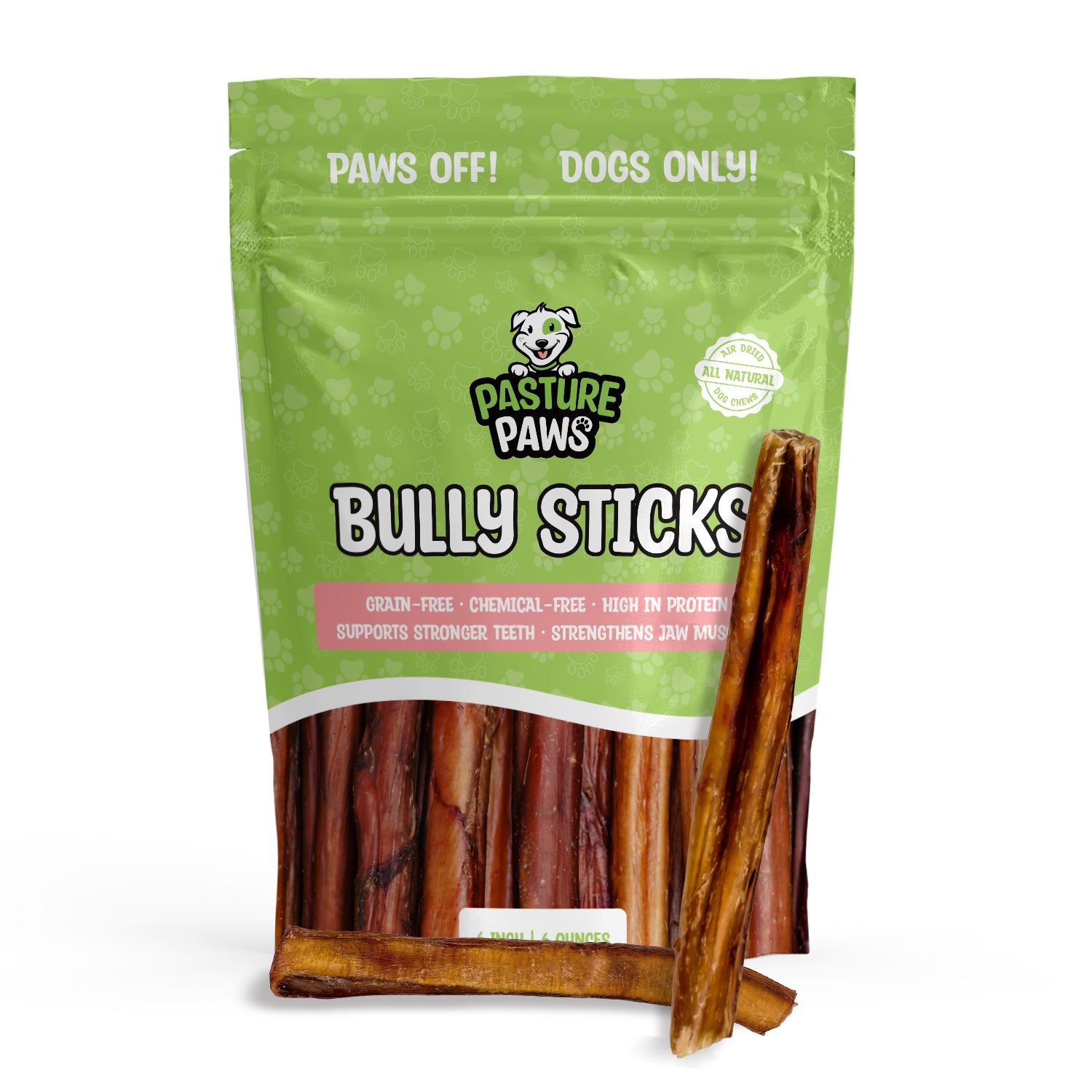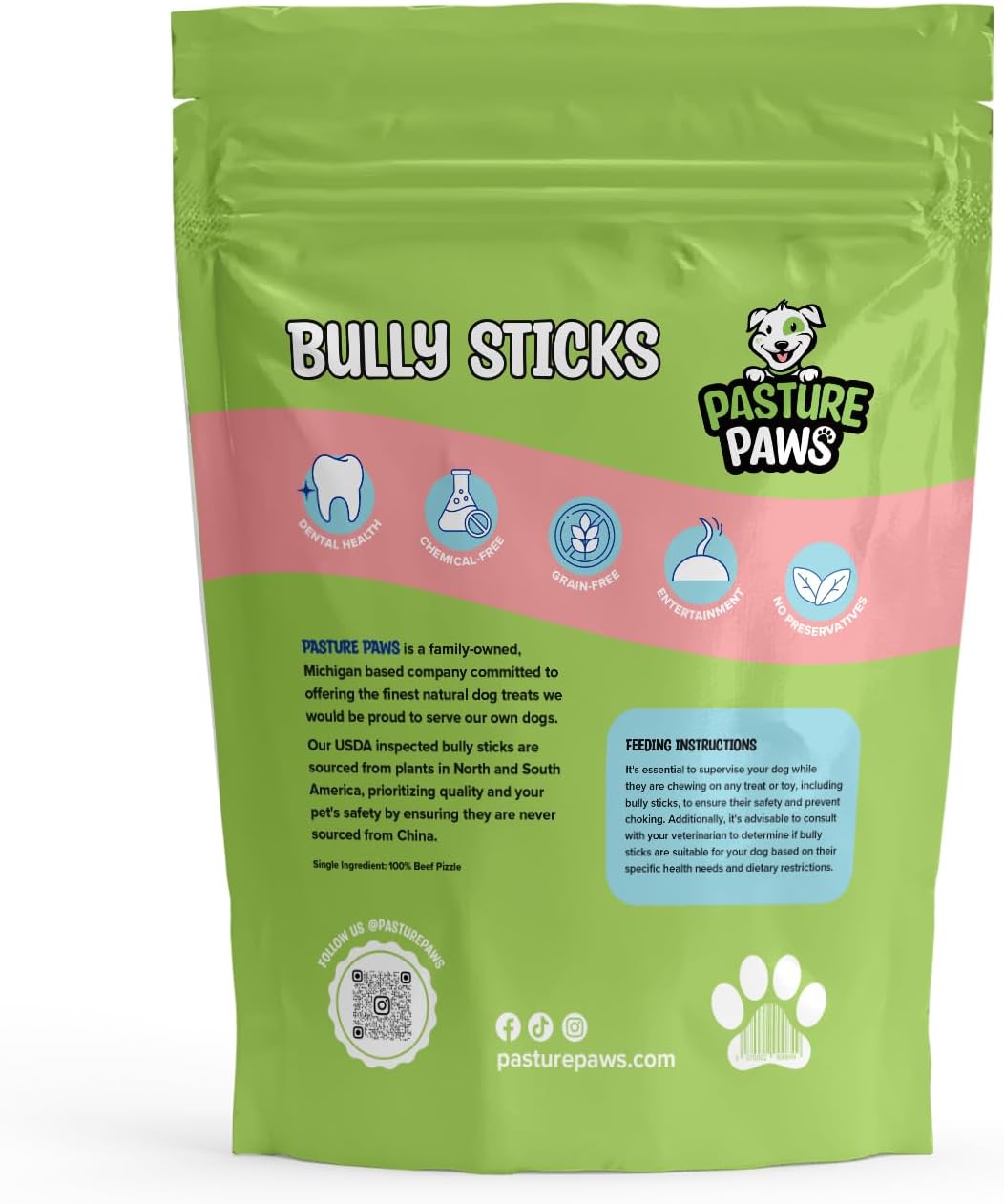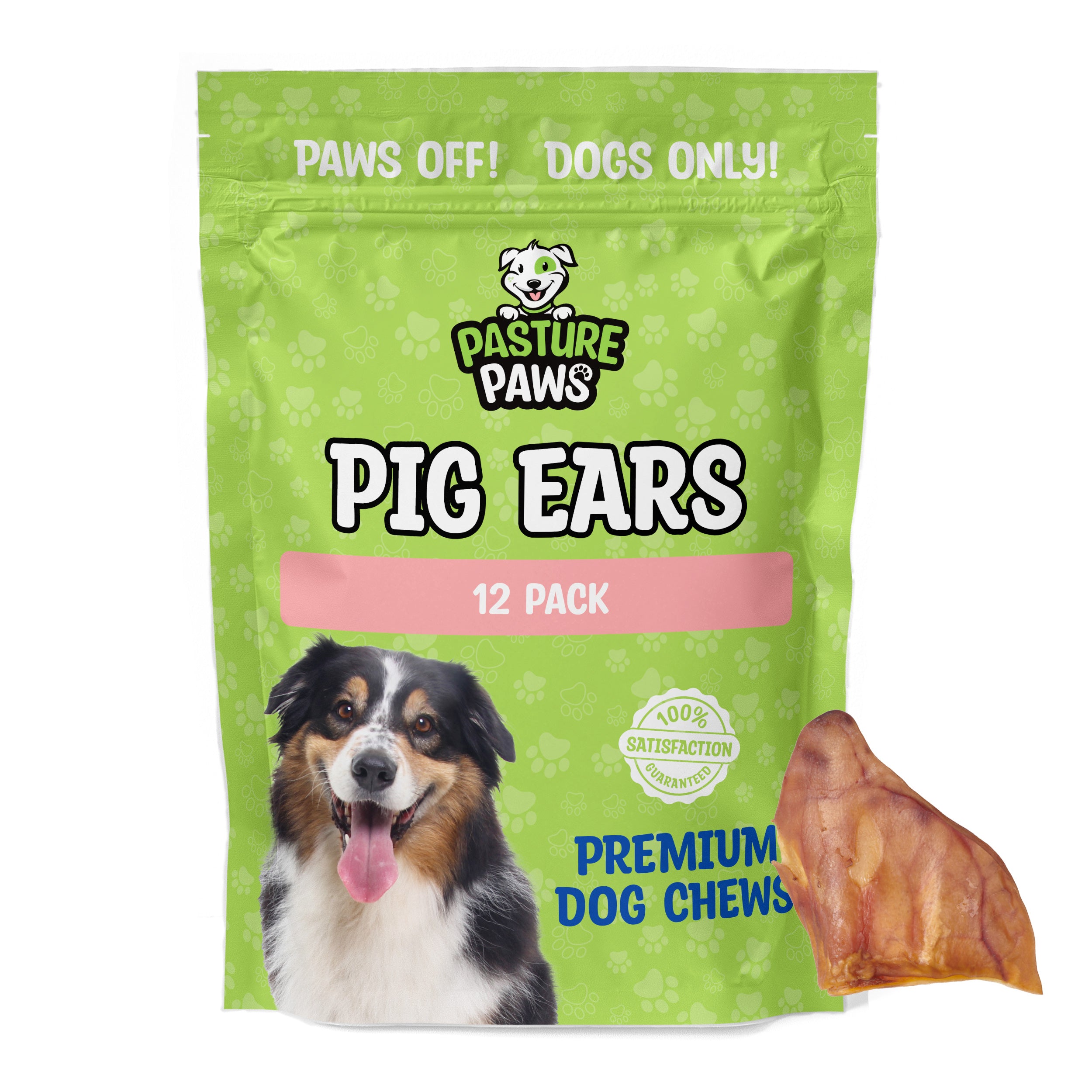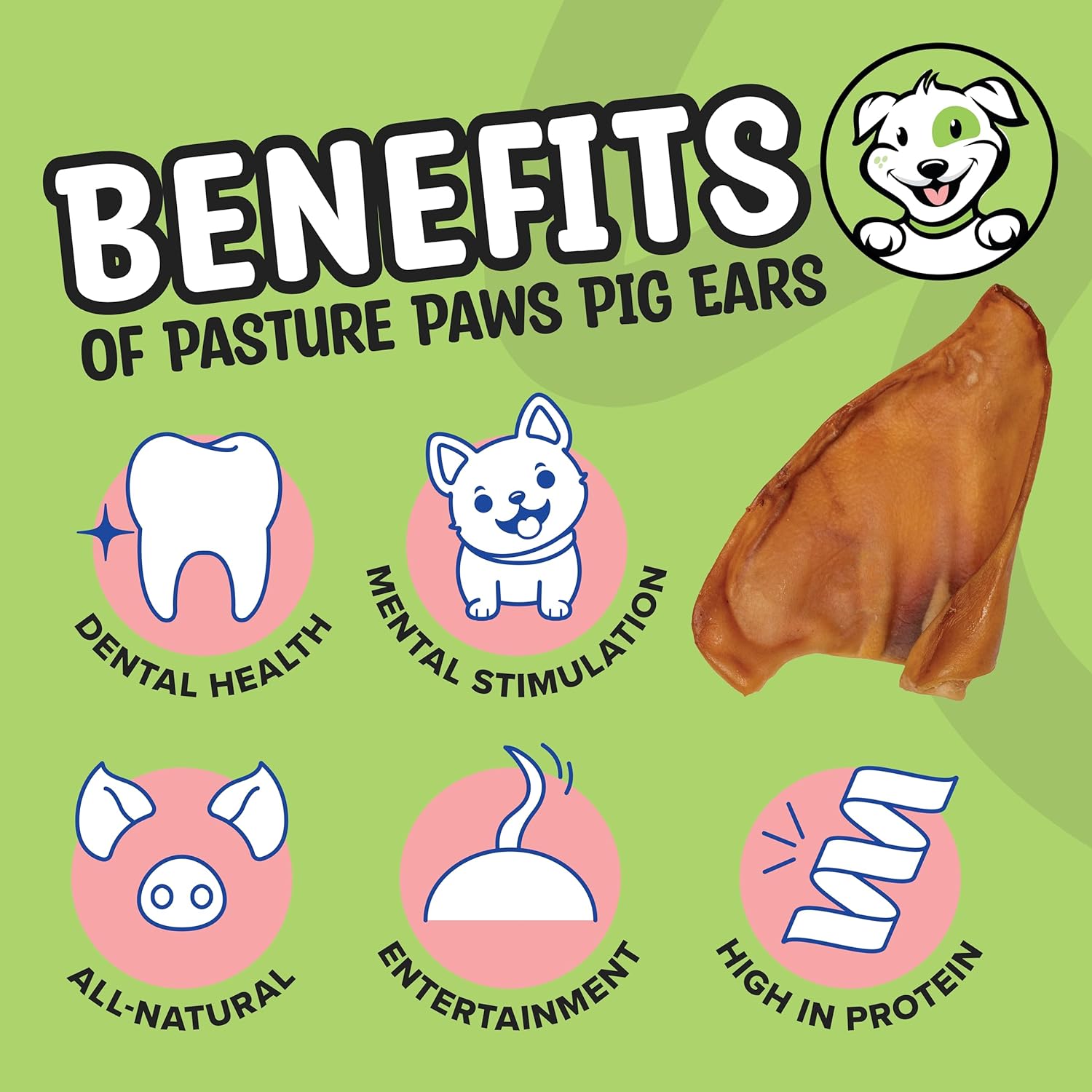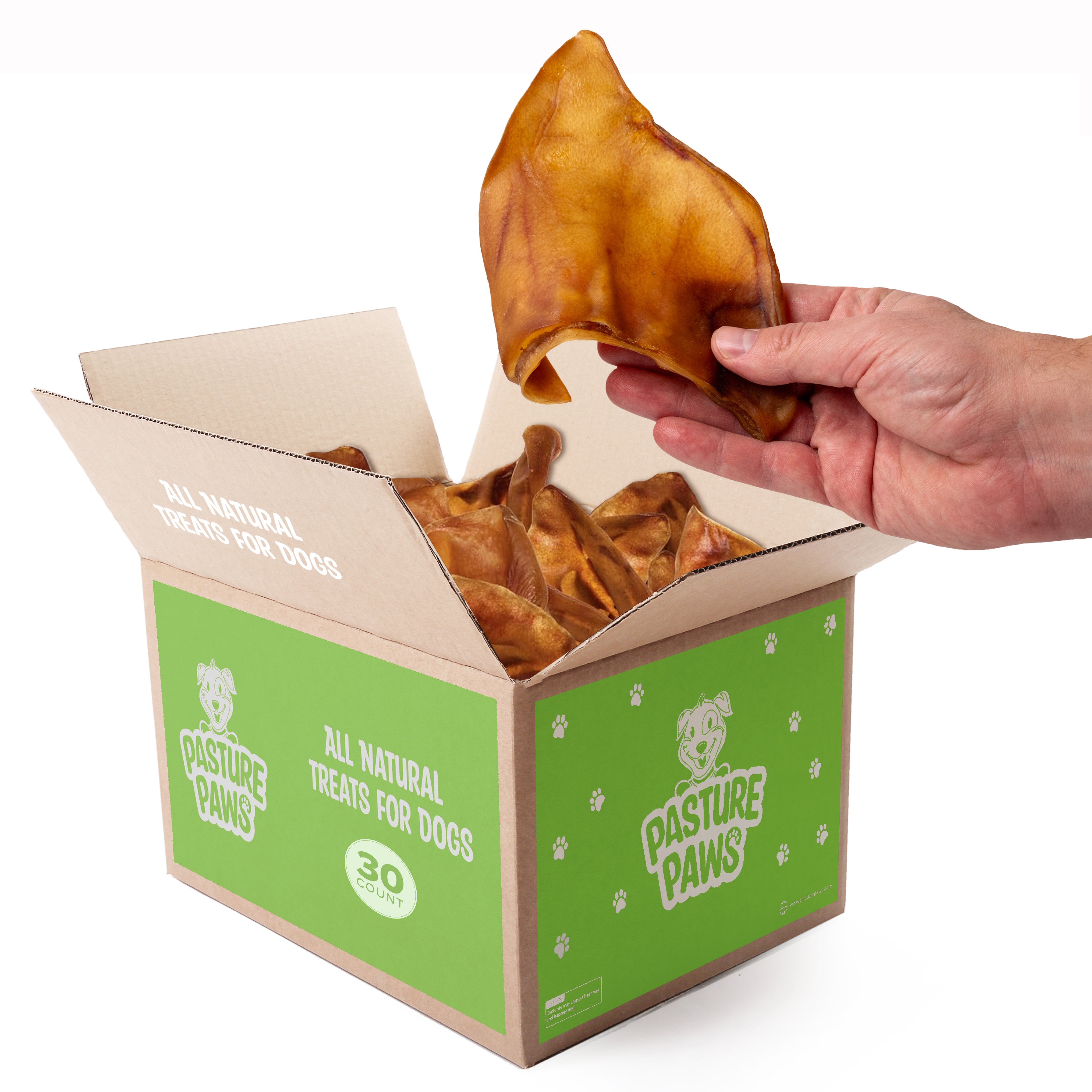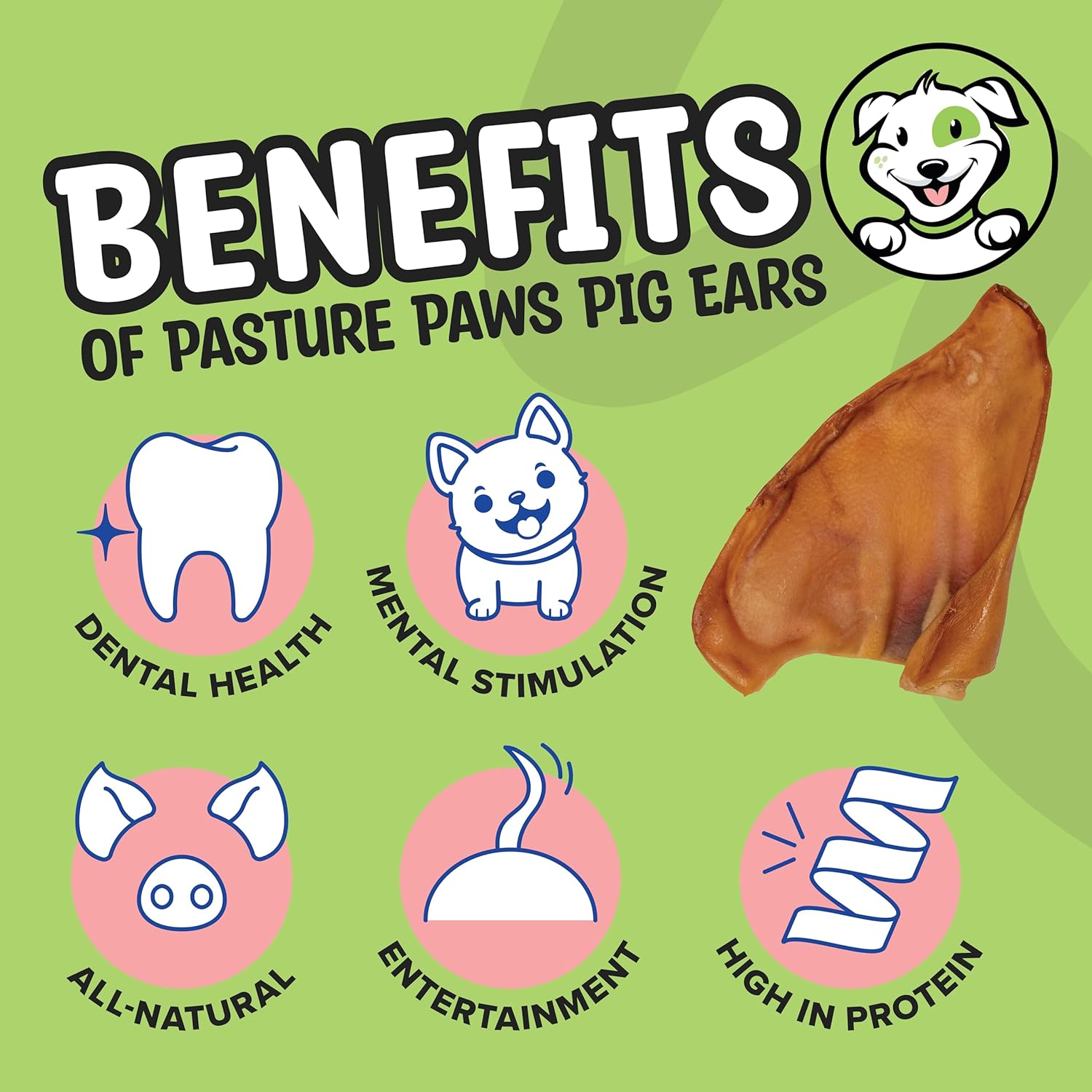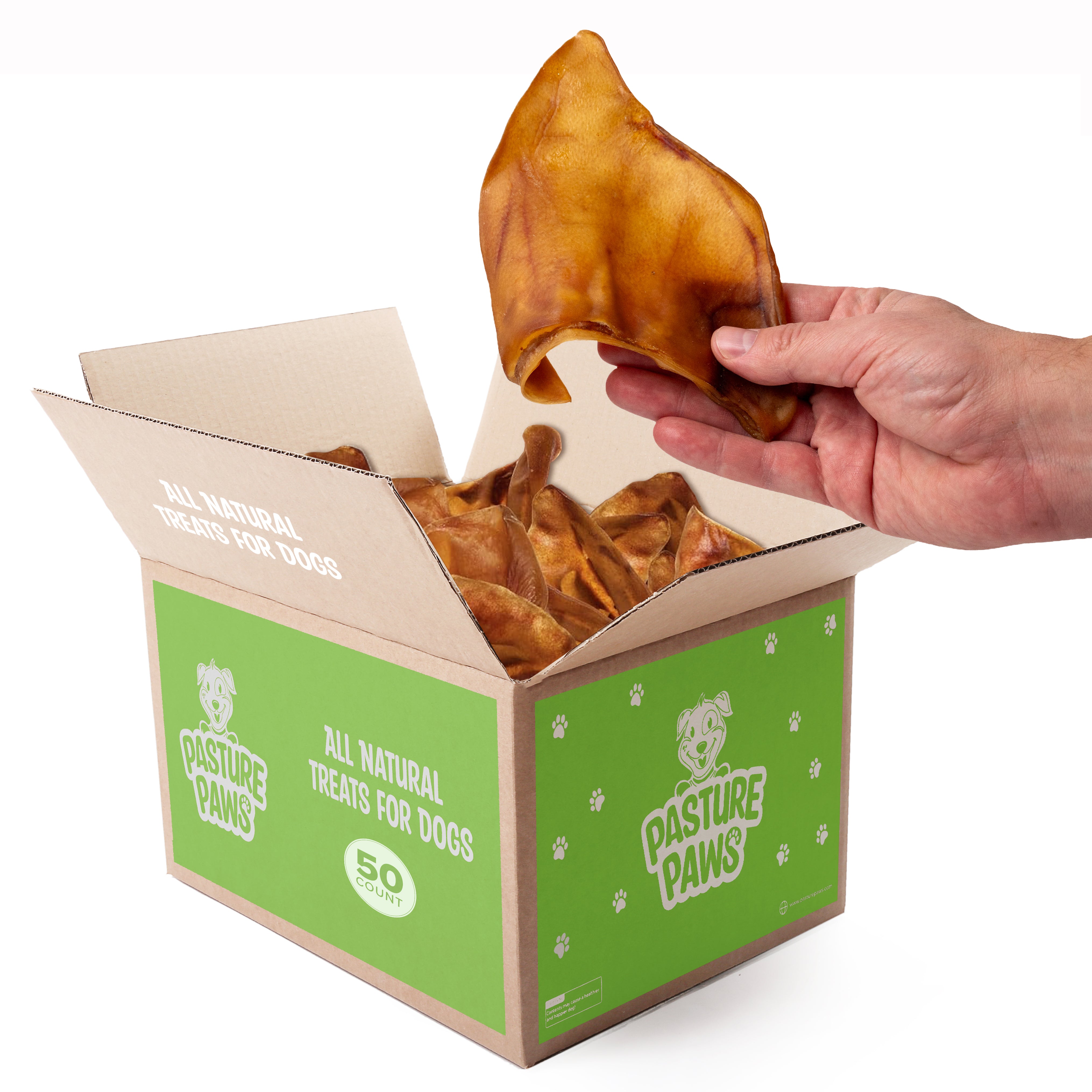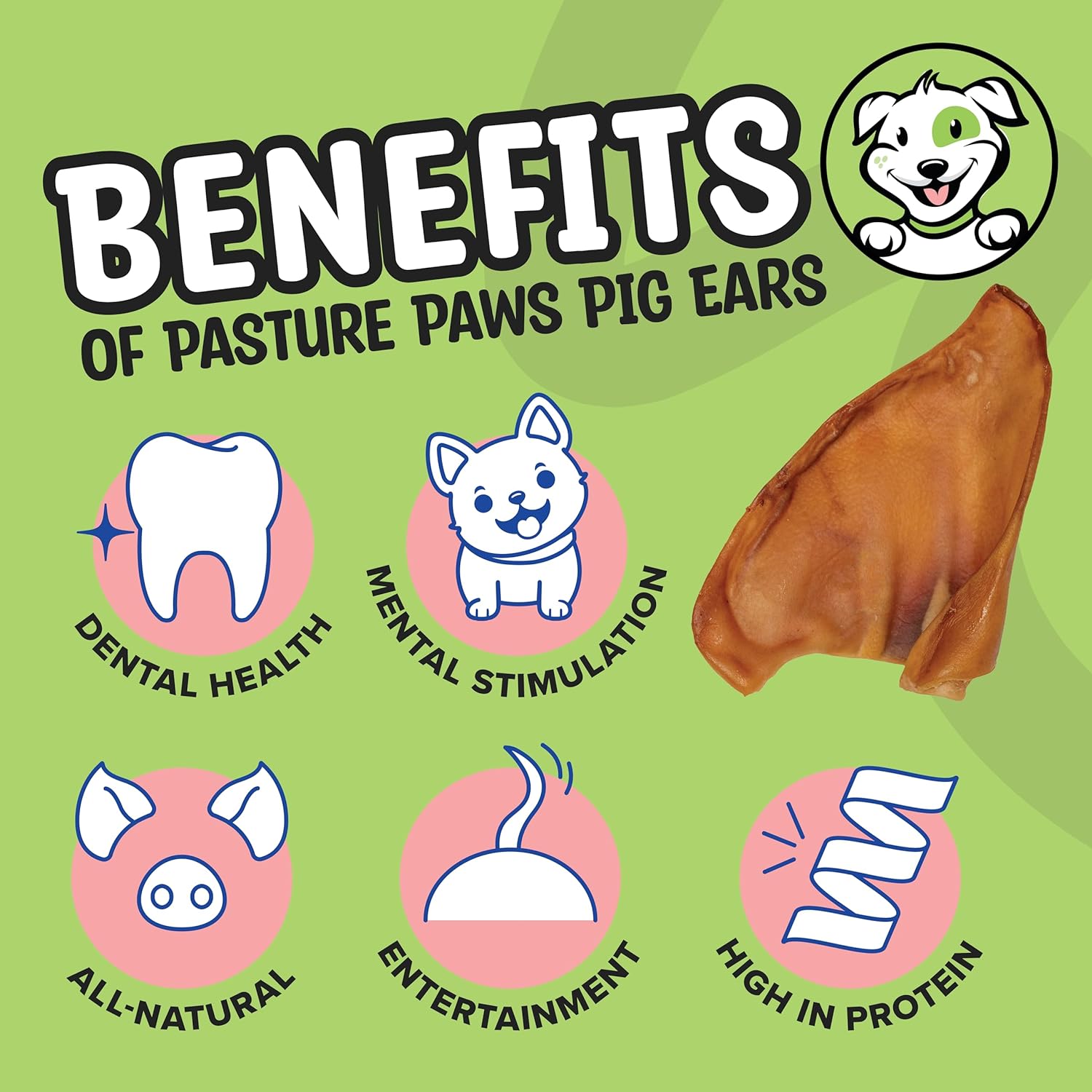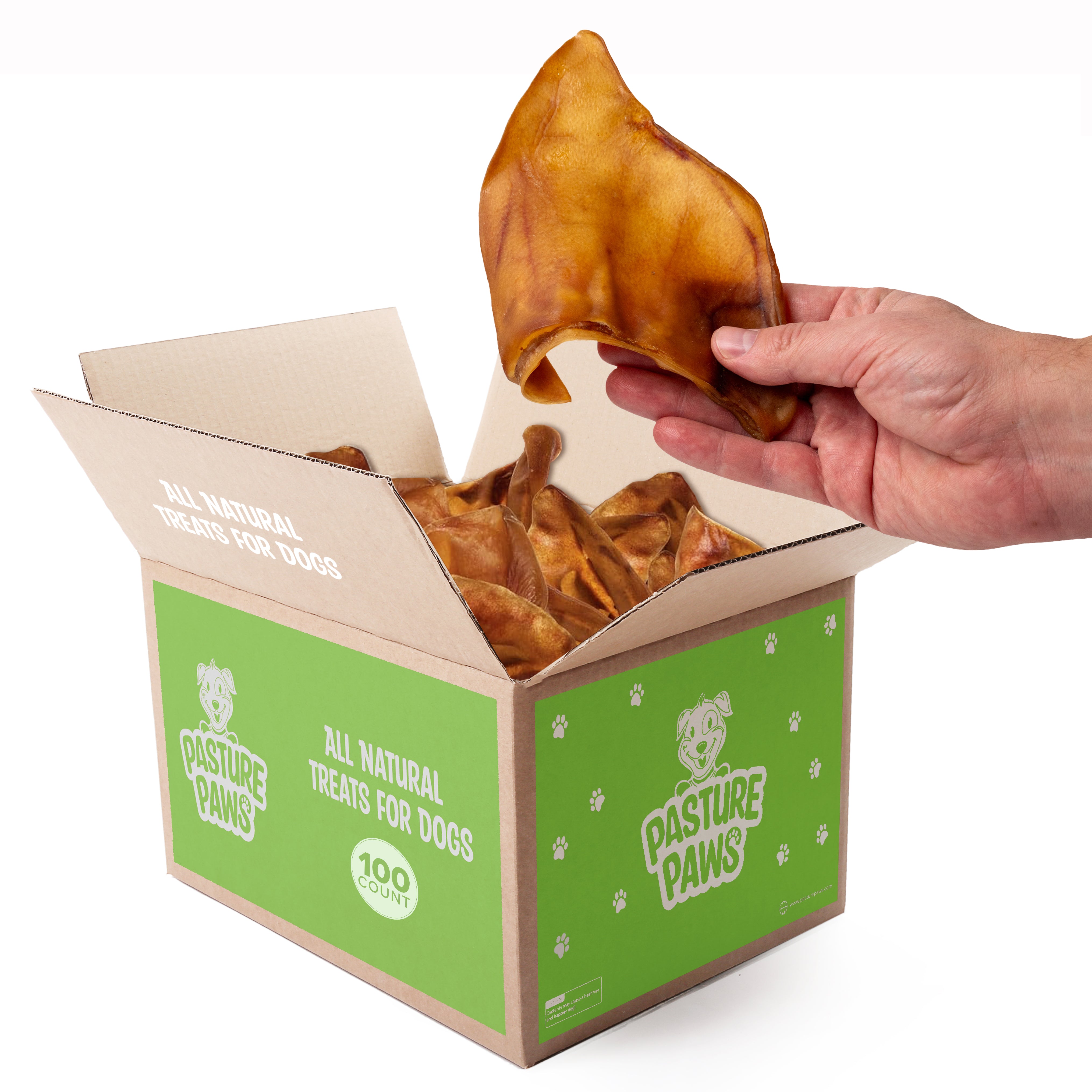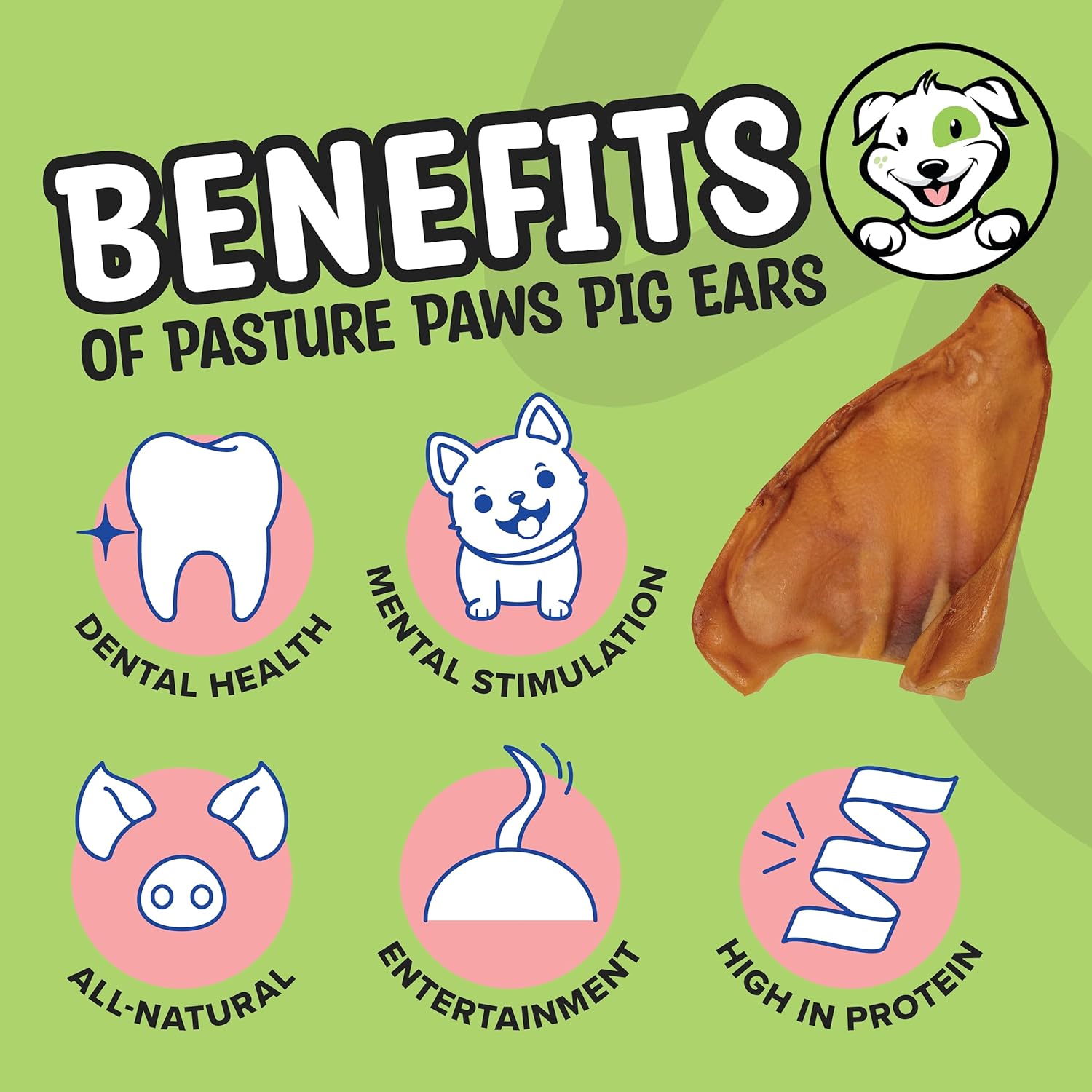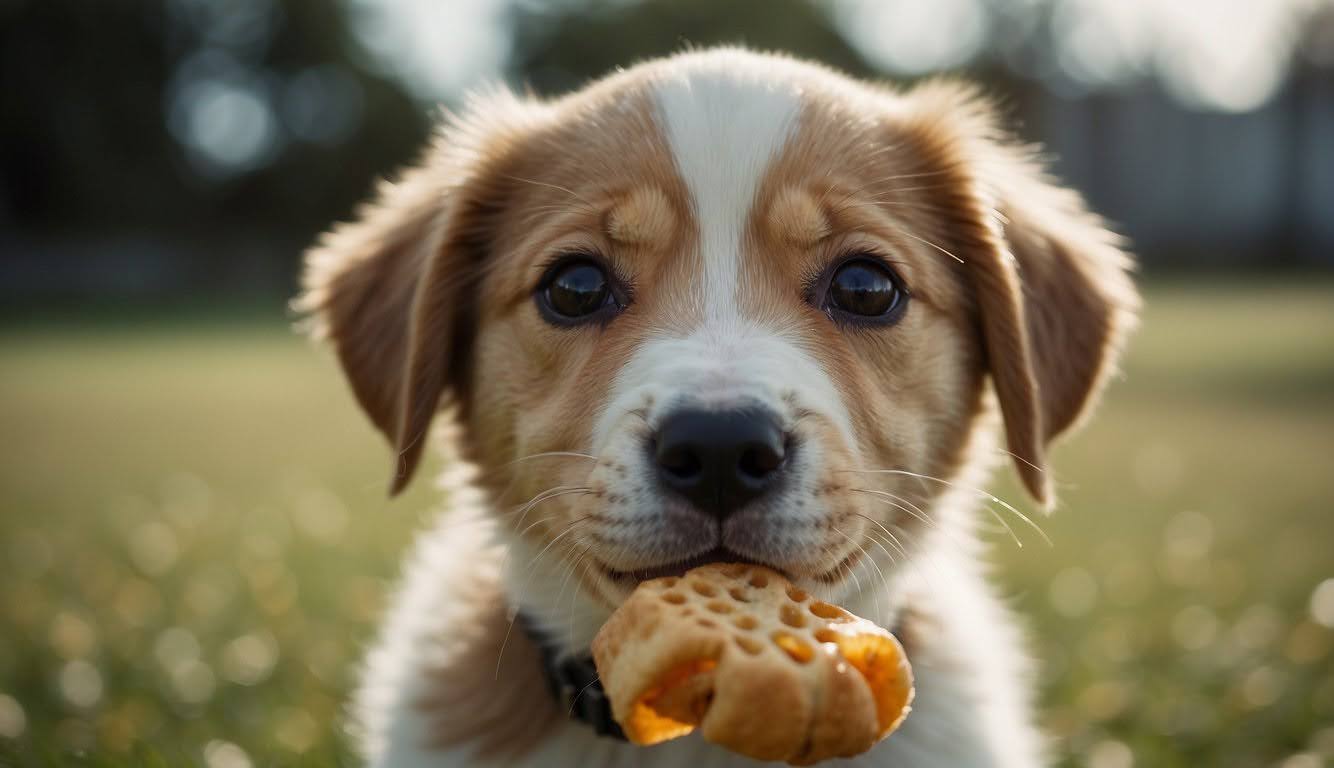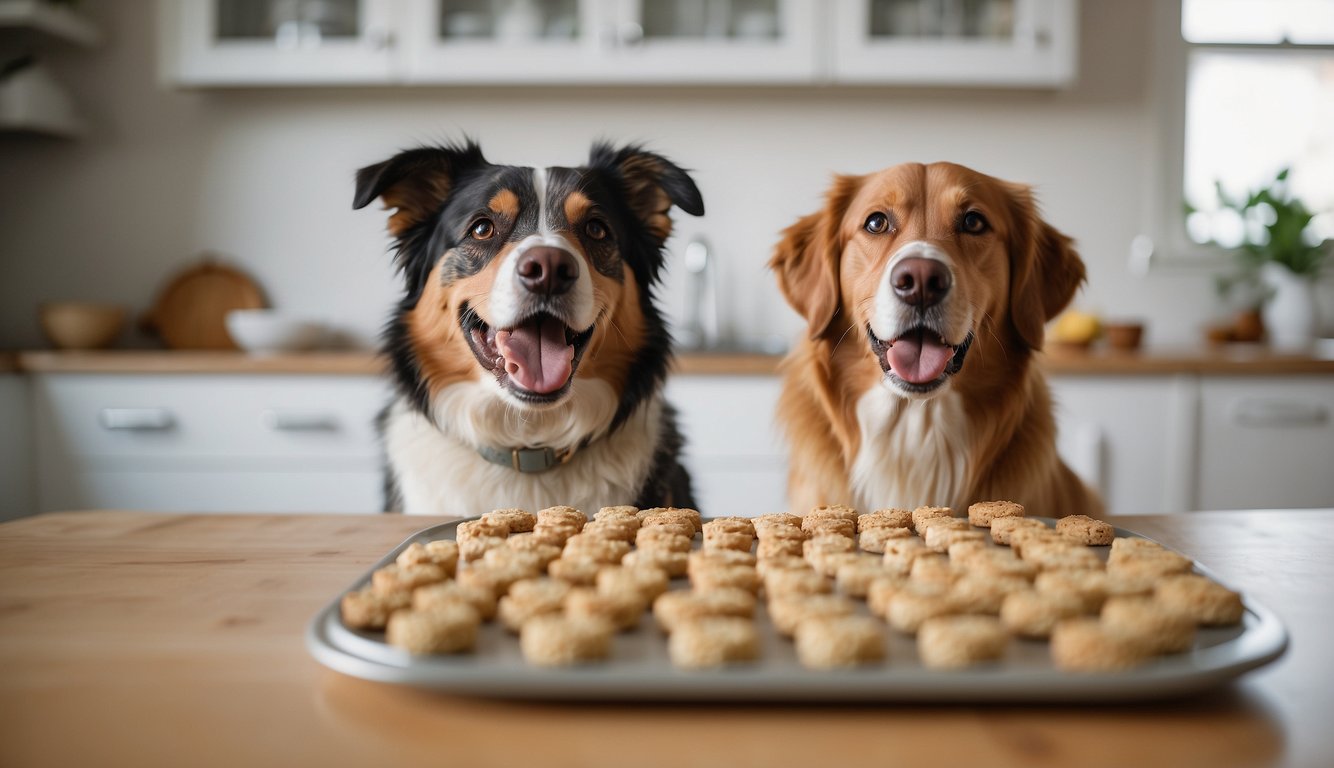If you're a new puppy owner, you know that training is crucial to ensuring a happy and healthy relationship with your furry friend. One of the most important aspects of training is positive reinforcement, which involves rewarding your puppy for good behavior with treats. However, choosing the best one for your pup can be overwhelming, as there are so many different types of training treats on the market.

There are a few key things to remember regarding training treats. Select small, easy-to-chew treats for quick consumption. Opt for highly valued treats to keep your puppy motivated and ensure they are healthy and made with high-quality ingredients.
This article reviews the best puppy training treats based on expert reviews and customer feedback. We'll cover various types, from soft and chewy to crunchy and bite-sized, and explain what makes each ideal for training. Whether you're just starting or looking to mix things up, this guide will help you find the perfect reward for your furry friend.
The Importance of Training Treats for Puppies

Training treats are an essential tool for puppy training. They can help to motivate your puppy, create positive associations, and reinforce positive behaviors.
This section will explore why training treats matter and how they can be used effectively.
Motivation and Focus
Training treats are a high-value reward that can help to motivate your puppy during training sessions.
When your puppy is motivated, they are more likely to focus on the task at hand and learn new behaviors quickly.
High-value treats are especially effective for training puppies because they are more enticing than regular kibble.
To use training treats effectively, you must choose treats your puppy finds irresistible.
Experiment with different types of treats to find out what your puppy likes best.
Some puppies prefer soft treats, while others prefer crunchy treats.
You can also use different flavors or textures to keep your puppy interested.
Creating Positive Associations
Positive reinforcement is a powerful tool for puppy training. When you reward your puppy for positive behaviors, you create positive associations in their mind.
This can help to reinforce those behaviors and make them more likely to occur in the future.
Training treats are an excellent way to provide positive reinforcement. When your puppy performs a desired behavior, give them a treat immediately.
This will help to reinforce the behavior and create a positive association in your puppy's mind.
To use training treats effectively, you need to be consistent.
Always reward your puppy for positive behaviors, and never punish them for unwanted behaviors.
This will help to create a positive training environment and encourage your puppy to learn.
Best Dog Training Treats for Puppies

When training your new furry friend, choosing the right treats can make all the difference. With so many options available, deciding which treats to try can be overwhelming.
In this section, we will explore the top puppy training treats that you need to try.
Natural Training Treats
Natural ingredients are always a great choice when it comes to puppy treats.
Look for treats made with high-quality, natural ingredients like chicken, beef, or sweet potato.
These treats are delicious and packed with vitamins and minerals essential for your puppy's overall health and well-being.
Soft and Moist Training Bites
Soft and chewy training bites are perfect for puppies who are still teething.
These treats are gentle on their developing teeth and are easy to chew. Additionally, they are perfect for training because they can be broken into small, bite-sized pieces that your puppy can quickly eat and digest.
Grain-Free Training Treats
Grain-free treats are an excellent option for puppies with sensitive stomachs or allergies.
These treats are made without grains, such as wheat or corn, and instead use alternative ingredients like sweet potato or pea flour.
Grain-free treats are also a great choice for puppies on a grain-free diet.
Freeze-Dried Training Treats
Freeze-dried training treats are popular because of their unique texture and long shelf life.
These treats are made by removing all moisture from the ingredients, which results in a crunchy texture that many puppies love.
Also, freeze-dried treats are perfect for training because they are small and easily broken into bite-sized pieces.
Low-Calorie Training Rewards
Low-calorie treats are a great option for puppies who must watch their weight.
These treats are typically smaller and lower in calories than traditional treats. However, they still provide the same rewards and positive reinforcement your puppy needs during training.
Tips for Using Training Treats Effectively

Regarding puppy training, using the right treats can make all the difference. However, it's about more than just the type of treats you use and how you use them. Here are some tips for using training treats effectively:
Consistency and Timing
Consistency is key in puppy training. This means using the same treats every time and in the same way.
It also means rewarding your puppy every time they do something right, even if it's just a small step in the right direction.
Timing is also important. You need to give your puppy the treat immediately after they perform the desired behavior.
This reinforces the behavior and helps your puppy understand what they are being rewarded for.
Variety and Engagement
Variety is important when it comes to training treats. Using the same treats all the time can become boring for your puppy, which can lead to disinterest and a lack of motivation.
Mixing up the treats you use can keep your puppy engaged and excited to learn.
Engagement is also important. You want to keep your puppy interested and focused on the training session.
This means using high-value treats that your puppy enjoys. It also means using treats as a reward for good behavior rather than just handing them out randomly.
Praise and Positive Reinforcement
In addition to treats, praise and positive reinforcement are also important in puppy training.
Giving your puppy verbal praise, such as saying "good boy" or "good girl," can be just as effective as giving them a treat.
Positive reinforcement is also important. This means rewarding your puppy for good behavior and ignoring bad behavior.
It's important to remember that punishment and negative reinforcement are ineffective training methods and can worsen behavior problems.
Healthiest Training Treats for Puppies

Regarding puppy training, high-value, bite-sized treats are an excellent way to reinforce good behavior.
The Appeal of High-Value Treats
High-value treats are especially appealing to dogs. They are typically made from high-quality ingredients, such as chicken, salmon, or beef, and packed with flavor and nutrition. Because they are so tasty, high-value treats are an excellent way to motivate your puppy to learn new behaviors and reinforce good habits.
Protein-Rich Options
Protein is an essential nutrient for dogs, and many high-value treats are rich in this important macronutrient. Chicken, salmon, and beef are all excellent protein sources and are often used to make high-value puppy training treats. Look for treats made from high-quality, human-grade ingredients to ensure your puppy gets the best possible nutrition.
Managing Treat Size
While high-value treats are an excellent way to motivate your puppy, it's important to be mindful of portion size.
Treats should make up no more than 10% of your puppy's daily caloric intake and be given in moderation to avoid overfeeding.
Consider using a treat pouch to control portions and make it easy to reward your puppy quickly and frequently during training sessions.
Some popular brands of specialized treats include Pasture Paws Pig Ears and Bully Sticks.
Healthy, All-Natural Ingredients

When choosing the best puppy training treats, focusing on healthy, all-natural ingredients is important to give your pup the nutrients they need to grow and thrive. Here are some key considerations to keep in mind:
Ingredient Quality
The quality of the ingredients in your puppy's training treats is crucial.
Look for treats made with high-quality protein sources like chicken, beef, or fish and nutrient-dense fruits and vegetables like sweet potato, pumpkin, and blueberries.
Avoid treats containing fillers like corn, wheat, and soy, often used to bulk up lower-quality products.
Avoiding Additives
Many commercial dog treats contain additives like artificial colors, flavors, and preservatives, which can harm your pup's health.
Look for treats free from these additives and made with natural ingredients instead. This will help ensure your puppy gets the most nutritious and wholesome treats possible.
Conclusion
Choosing the best puppy training treats can significantly enhance your training sessions. Positive reinforcement with high-quality, nutritious treats helps reinforce good behavior and strengthens your bond with your puppy. You can successfully train your puppy and enjoy a happy, well-behaved companion with patience, consistency, and the right treats.
Start transforming your training sessions today! Visit Pasture Paws to explore our premium dog treats collection and buy now for a more effective and enjoyable training experience. Don't wait—click here to make your puppy's training fun and rewarding!
Recommended Articles
- Are Pig Ears Good for Puppies: A Comprehensive Guide
- Are Bully Sticks Safe for Puppies? A Quick Guide
Frequently Asked Questions
Are there specific training treats recommended by veterinarians for puppies?
While veterinarians do not recommend specific training treats for puppies, make sure to choose treats made with high-quality, natural ingredients.
Your veterinarian can provide recommendations based on your puppy's needs and dietary restrictions.
At what age can puppies start having training treats?
Puppies can start having training treats as early as 8eightweeks old.
However, choose treats appropriate for your puppy's age and size. Always supervise your puppy when giving treats, and avoid giving too many treats at once.
What are considered high-value treats for puppy training?
High-value treats are treats that your puppy finds particularly tasty and motivating.
Some examples of high-value treats for puppy training include small pieces of cooked chicken or turkey, freeze-dried meats, or small pieces of cheese.
Use high-value treats sparingly and only for particularly challenging training sessions.
What is the difference between training treats and regular treats?
Training Treats: Smaller, lower in calories, softer texture, used for frequent rewards.
Regular Treats: Larger, higher in calories, varied textures, given as occasional snacks or rewards.
